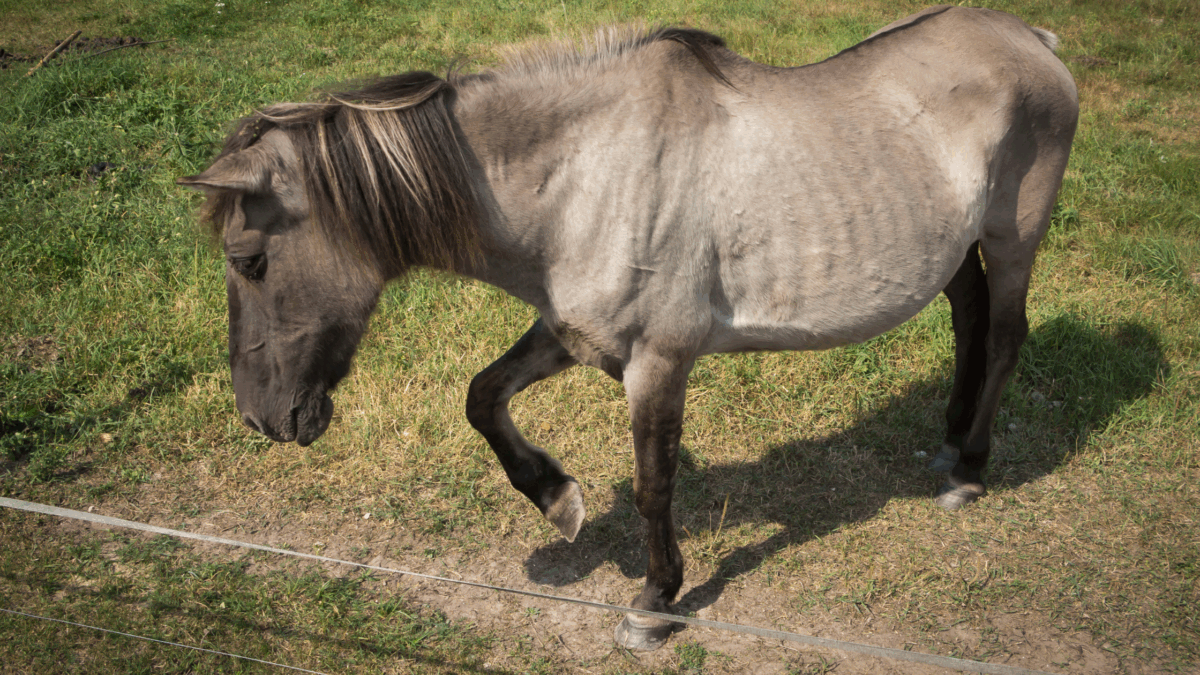As an animal communicator, I’ve come to understand that communication doesn’t always come through words. Sometimes it’s a quiet look from a dog whose routine has shifted. Other times, it’s the stillness of a backyard where horses used to graze more freely. And sometimes, it’s simply an energetic “nudge” that tells you a neighbor or friend might need support, even if they haven’t said a word.
The current economic climate has made things harder for many of us, and that includes our animal companions. Whether it’s the rising cost of hay, vet bills, or just making sure there’s enough food for everyone in the household—animals feel it too.
Here’s how you can recognize subtle signs that someone you know—especially a friend or neighbor—might need a helping hand, and how you can offer support in a way that honors their dignity and the deep bond they share with their pets.
1. Tune Into Changes in Routine or Behavior
Animals are creatures of habit. If you used to see a neighbor walking their dog every morning, and now the dog is mostly in the yard, it may be a sign that something has changed. Maybe they’ve taken on extra shifts. Maybe walking the dog has become too physically demanding. Either way, it might be the perfect time to say:
“Hey, I’d love to take [dog’s name] for a walk during the day if that would help at all.”
This small act of kindness can lift the spirits of both the human and the animal.
2. Observe from a Place of Compassion
If you notice horses in a backyard that seem thinner than usual or if their hay pile is looking low, trust your instincts—but approach with compassion. Many elderly neighbors with beloved animals may be struggling quietly.
You might gently say:
“I’m heading out to the feed store this week—can I pick up a bale or two for you? I’d love to help if I can.”
Sometimes, it’s easier to accept help when it feels like a shared community effort, rather than a handout.
3. Offer Instead of Ask
Instead of asking if someone needs help, try offering something specific:
- “I have some extra pet food—would you be open to me dropping it off?”
- “We got a few extra cans in our last order, would you like some?”
- “Here’s a list of local programs that help with pet supplies and veterinary care, just in case.”
By offering resources or help before they ask, you alleviate the discomfort that can accompany admitting a need.
4. Energetic Awareness: The Unspoken Truth
Sometimes you don’t see the signs—but you feel them. A heaviness in the air. A change in the way someone interacts with their animals. As someone tuned into energy, I encourage you to trust those feelings.
Send love. Reach out. Offer a smile or a kind word. Let them know they’re not alone. Sometimes, just knowing someone sees them can change everything.
5. Share Resources Respectfully
You never know who’s silently struggling, so don’t wait for someone to open up. You can share helpful links or community resources on your social media or in neighborhood groups, like:
- Local food banks with pet food pantries
- Veterinary clinics offering payment plans
- Nonprofits offering feed assistance for livestock and horses
Frame it like this:
“I came across this great resource for pet owners and wanted to share in case it helps anyone.”
You never know whose life you might change just by sharing.
We’re All in This Together
Animals are our mirrors, and when we pay attention to them, we often get a glimpse into what their humans are going through. This season, let’s care not just with our eyes and ears—but with our hearts. Because love, like communication, doesn’t always need words.

